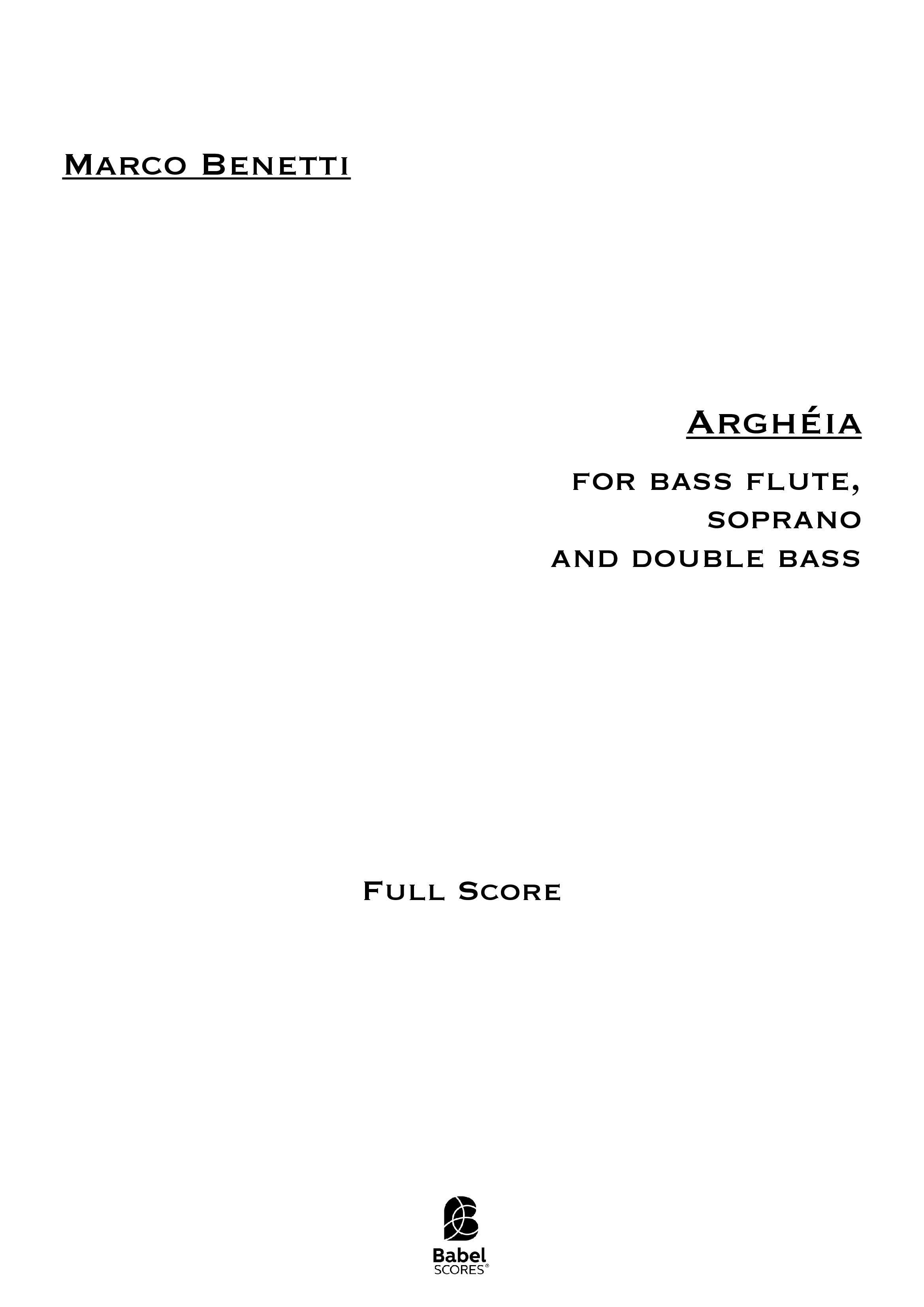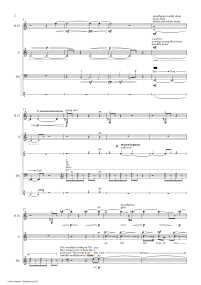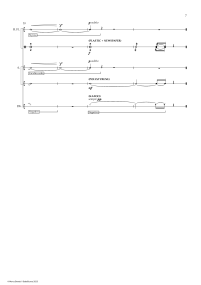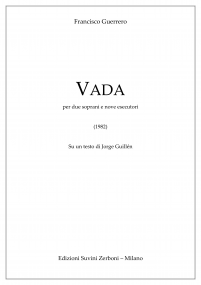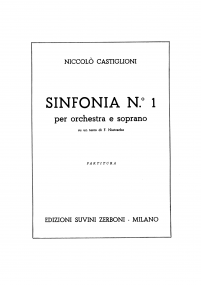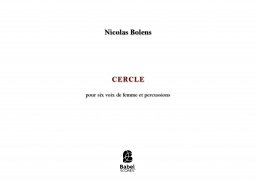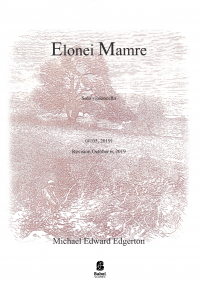Recherche avancée
Arghéia
ISMN : 979-0-2325-7336-6
- Identifiez-vous pour créer une liste
The fourth city of the dead is called Argia.
The name must be pronounced with the accent on the i and dates back to the Greek Arghéia, «certainly pronounced Arghía in the postclassical era», corresponding to the ethnic adjective argheia, “of Argos”. According to Tagliavini, it is only indirectly possible to think of a derivation from argós, "white", "clear, brilliant" (the city of Argos could in fact mean "the white city"). That the proper name corresponds to the ethnic adjective also stands out from the fact that the most famous Argia was the daughter of the king of Argos Adrasto, wife of Polynices
G. P. Giudicetti e M. Lizza Venuti, Le città e i nomi
Sister-in-law of Antigone, with her Argia disregards the law of Creon and renders the funeral honors to her husband Polynices, who died as traitor to the city that had welcomed him, exiled from Thebes. Argia is therefore the one who gives back to the earth, until she coincides with it. And Calvino adorns with her name a city deprived of air, an element that gives breath to the living, but filled with earth, with clay. By assonance, a rhetorical figure dear to the Italian writer, air and clay resound in the name of Argia. Humanity that finds space in her being full is submerged, like the bodies of Pompeii, entities obtained through negative.
[...] it's so dark [...]
[…] another negative stair rests on the stairs […]
[…] Humidity destroys bodies […]
[...] Of Argia, from up here, you can't see anything; there are only those who say: "It's down there" and all that remains is to believe it; the places are deserted. At night, putting your ear to the ground, you sometimes hear a door slamming.
I. Calvino, Le città invisibili
Dante, Ariosto, Nietzsche, Rilke come to mind.
Argia takes shape from the sound of the earth, a sound that comes from the depths, from which we seem to understand voices, calls, everyday sounds, as in pareidolia. The three instruments, as in an invocation rite, scour the earth that makes up the city with its swallowed inhabitants, almost immovable roots, restoring a phantasmagorical sound image.
Double bass
Bass flute
Pages - 18

